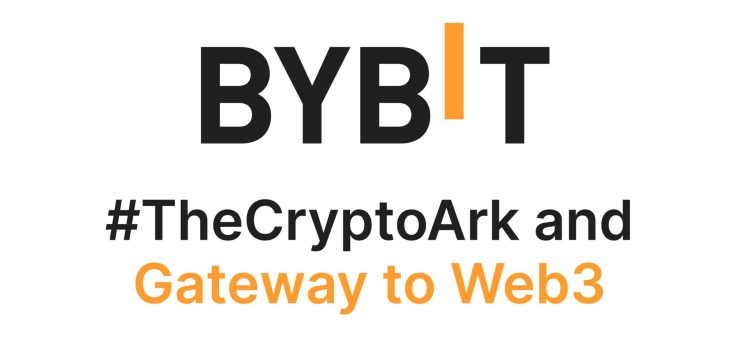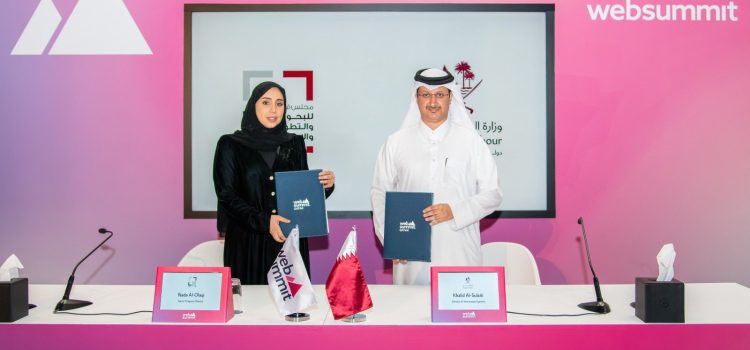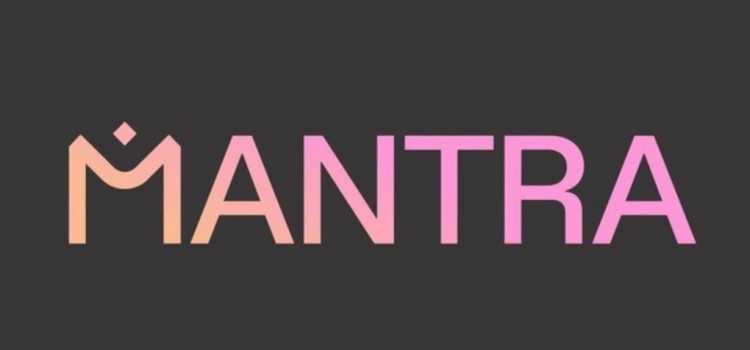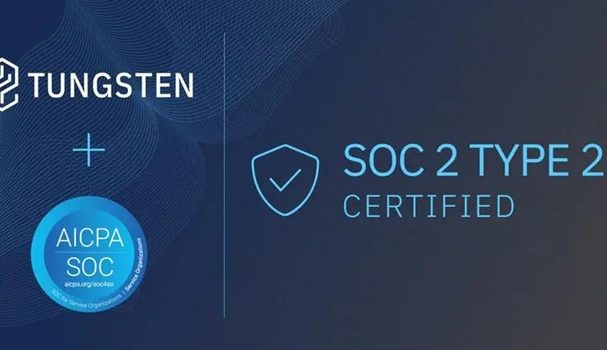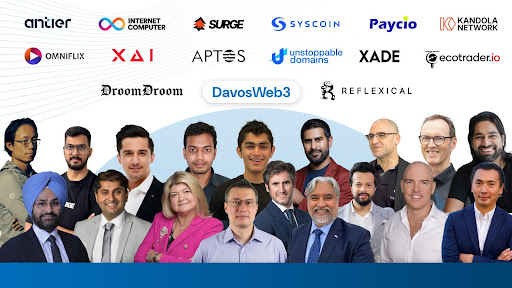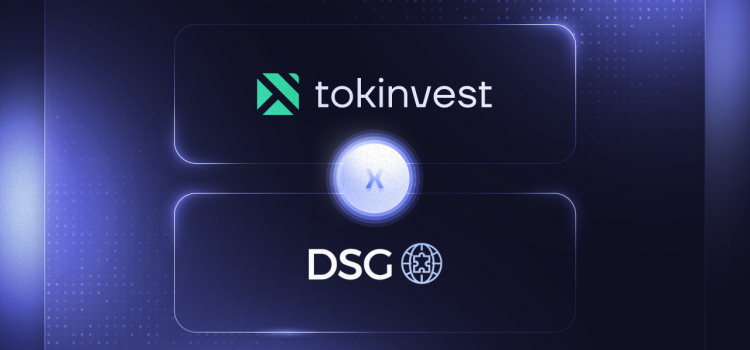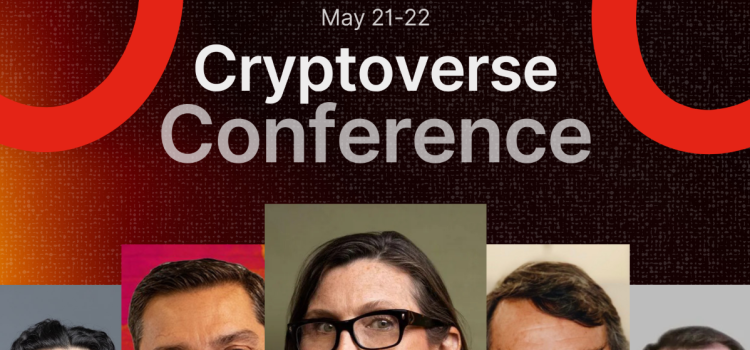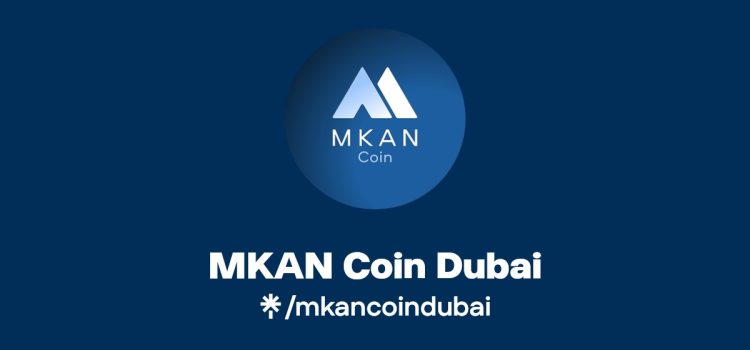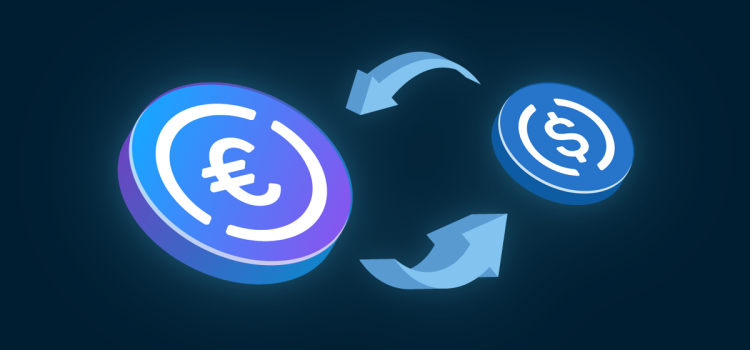The DavosWeb3 Roundtable successfully concluded its inaugural gathering in the heart of Davos, where 100 of the brightest minds in Web3 converged to shape the future of decentralized technologies. The event acted as a launchpad for visionary collaborations, groundbreaking insights, and tangible commitments toward building a more inclusive and innovative global ecosystem.
From seasoned blockchain pioneers to emerging Web3 entrepreneurs, delegates engaged in deep discussions on scalability, tokenomics, interoperability, decentralized finance (DeFi), and the evolving role of Web3 in driving economic transformation worldwide. By combining structured networking sessions and interactive roundtables, the roundtable created unprecedented opportunities for participants to forge meaningful connections and partnerships.
Four dynamic roundtables addressed core themes pivotal to the future of decentralization:
Roundtable 1: “Forget Slogans, Can Crypto Coexist with Fiat?”
Thought Leaders: Vikram R Singh, Bibin Babu, Himanshu Gulathi, Olav Chen
This roundtable explored how crypto and fiat could feasibly integrate to bolster financial inclusion, stability, and consumer trust.
Roundtable 2: “Web3 Stops Discussing ‘Use Cases’ During Bull Markets?”
Thought Leaders: Jan Camenisch, John Shipman, Yat Siu, Sandy Carter
Thought Leaders examined the cyclical tendency of the Web3 community to overlook real-world use cases when the market surges, emphasizing the importance of consistent innovation and user adoption beyond speculative hype.
Roundtable 3: “Is Bitcoin Living Up to Satoshi Nakamoto’s Vision?”
Thought Leaders: Aly Madhavji, Kapil Dhiman, Patrick B, Punith B
Experts assessed Bitcoin’s evolution—its core principle of decentralization, security, and trustlessness—while debating how the original vision continues to influence new protocols and financial models.
Roundtable 4: “What Trumponomics Could Mean to Cryptonomics?”
Thought Leaders: Harshal Madnani, Dayakar Reddy, Itay Azaraty, William Bao Bean
A forward-looking discussion on how macroeconomic policies and political shifts might interact with the rapidly evolving crypto landscape, including possible regulatory considerations.
Signing of the Davos Declaration
A highlight of the roundtable was the signing of the Davos Declaration, a pledge and charter affirming the Web3 community’s commitment to innovation, inclusion, sustainability, and integrity. Global Web3 leaders united under this historic document, underscoring a shared vision to nurture responsible growth across decentralized ecosystems.
Founding members of DavosWeb3 unveiled a visionary whitepaper titled “Ushering a New Billion into the Global System: The Next Frontier.” It proposes actionable strategies to accelerate global adoption of decentralized technologies and drive economic inclusion. Copies of the whitepaper will be distributed to media outlets, universities, trade bodies, and industry associations worldwide. To request a copy, please email: contact@davosweb3.com
The event organizers extended their heartfelt thanks to all sponsors, patrons, and delegates who made this landmark event possible. Leading Web3 organizations powering this Roundtable included: Antier, Aptos, DroomDroom, Ecotrader, Flex Ecosystem, Internet Computer (ICP), Kandola Network, OmniFlix, Paycio, Pertin-ant, Quranium, Reflexical, RhinoSpider, Social888, Surge, Syscoin, Unstoppable Domains, Xade Finance, Xai Games.
“The Web3 revolution is here, and DavosWeb3 Roundtable is more than just an event—it’s a movement,” said Ajeet Khurana, founding member of DavosWeb3. “By gathering the most influential minds in Web3, we have collectively charted a course for a future shaped by inclusion, innovation, and integrity.”
The community formed at the Roundtable will continue to collaborate on projects, partnerships, and educational efforts aimed at ushering in the next wave of decentralized solutions. Future events are already being planned to sustain the momentum generated in Davos.
For more information, or to be part of the continuing DavosWeb3 initiatives, please contact: contact@davosweb3.com









